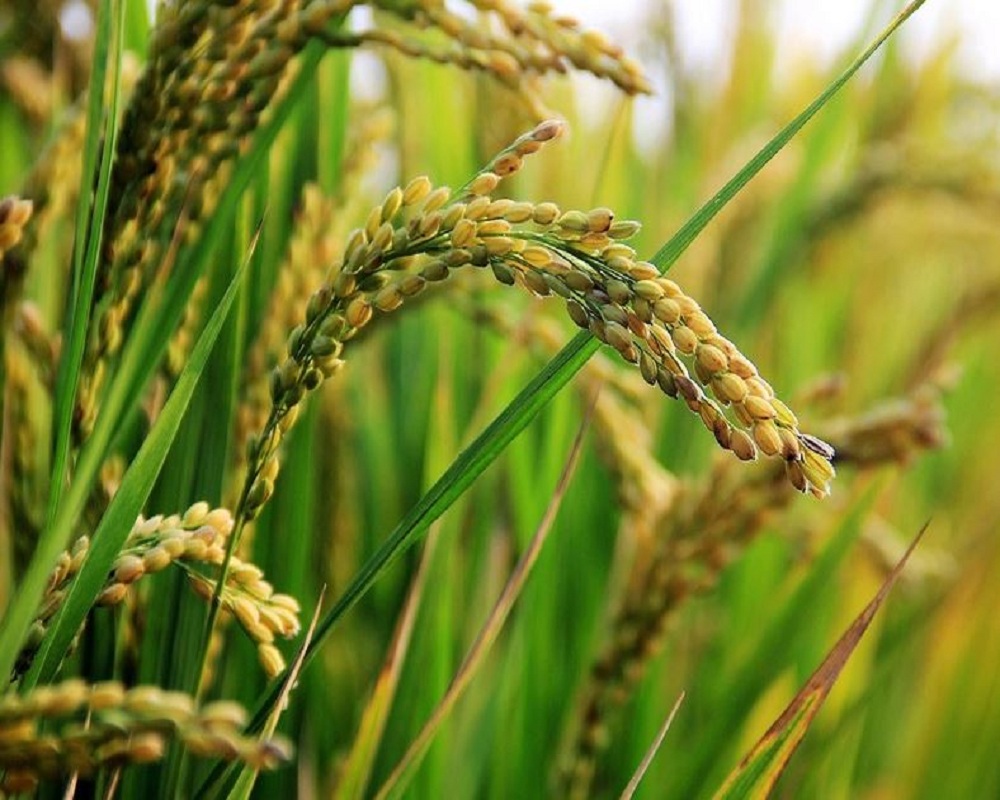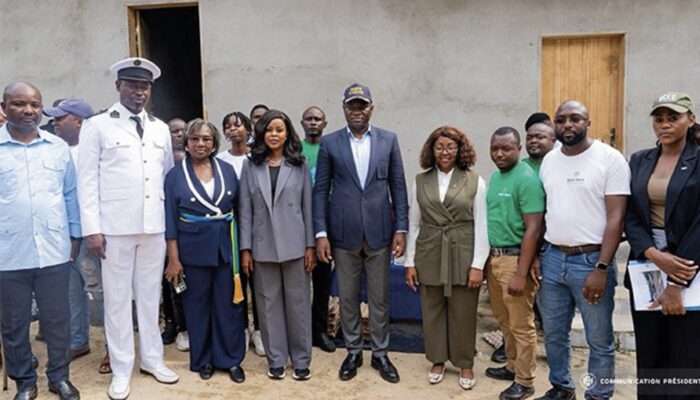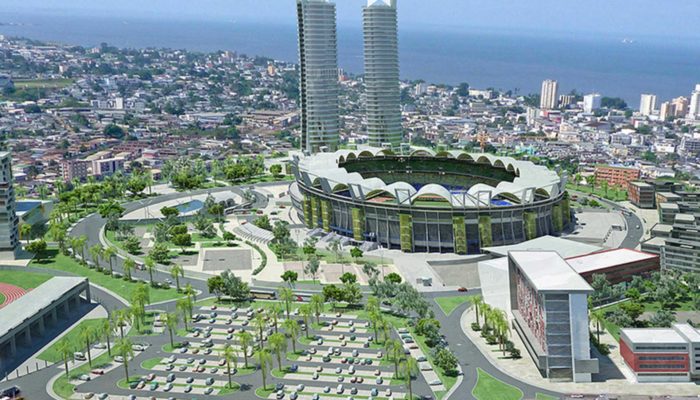Gabon has structured its agricultural sector to reduce its imports by 50%. The Minister of Agriculture assured that the country is implementing a strategy that aims to achieve this goal by 2022. These imports represent nearly a billion dollars each year, thereby contributing to the financing of foreign industries.
“In accordance with the vision of the President of the Republic Ali Bongo Ondimba, contained in the PSGE, Gabon is implementing a strategy which aims to reduce imports by 50% by 2022, whereas they now represent nearly of a billion dollars each year ”declared, on October 29, the Minister of Agriculture who took stock of the 31st regional conference of the United Nations Food and Agriculture Organization (FAO).

Biendi Maganga Moussavou explained the key points of the transformation of agriculture in Gabon, through the development of modern agribusiness and the establishment of High Productivity Agricultural Zones (ZAP) across the country. This transformation will in particular be supported by the implementation of seed policy reorganization programs; the general census of agriculture; improving health logistics at borders to facilitate trade, while ensuring better control of the covid-19 pandemic. So many commitments that could allow the country to halve its food imports. To achieve this goal, it is necessary to really finance agriculture, said the minister.
Gabon is not the only country in its region that aims to reduce its food imports, said Biendi Maganga Moussavou. “The strong commitments of our heads of state in Maputo and Malabo must be materialized, particularly in terms of financing agriculture”. For this, he said, “it is the responsibility of the Ministers of Economy and Finance to ensure that these commitments are reflected in our budgets, either in direct funding or in FINEX”. “In this regard, a lot of effort has been made in some countries such as Gabon. Many efforts still need to be made, ”added the Minister of Agriculture.
Concretely, it calls for the creation of an environment favorable to the development of private investment by protecting infant industries, in the face of largely subsidized competition in exporting countries, which represents the main competition for African products. “When it comes from outside, it’s as if every day we go to a restaurant,” said the minister. For him, favoring products from outside, is for Africans to finance the economies of these countries, their industries and their jobs “to the detriment of those at home”. “It is necessary that we protect infant industries,” he insisted.
According to Biendi Maganga Moussavou, it is just as fundamental to make “our small family agriculture coexist with a modern large-scale agriculture to achieve our food self-sufficiency via modern food systems”. It is time for Central Africa, and Gabon in particular, to produce and commit to protecting their markets through appropriate measures. “It’s very important,” he concluded.





